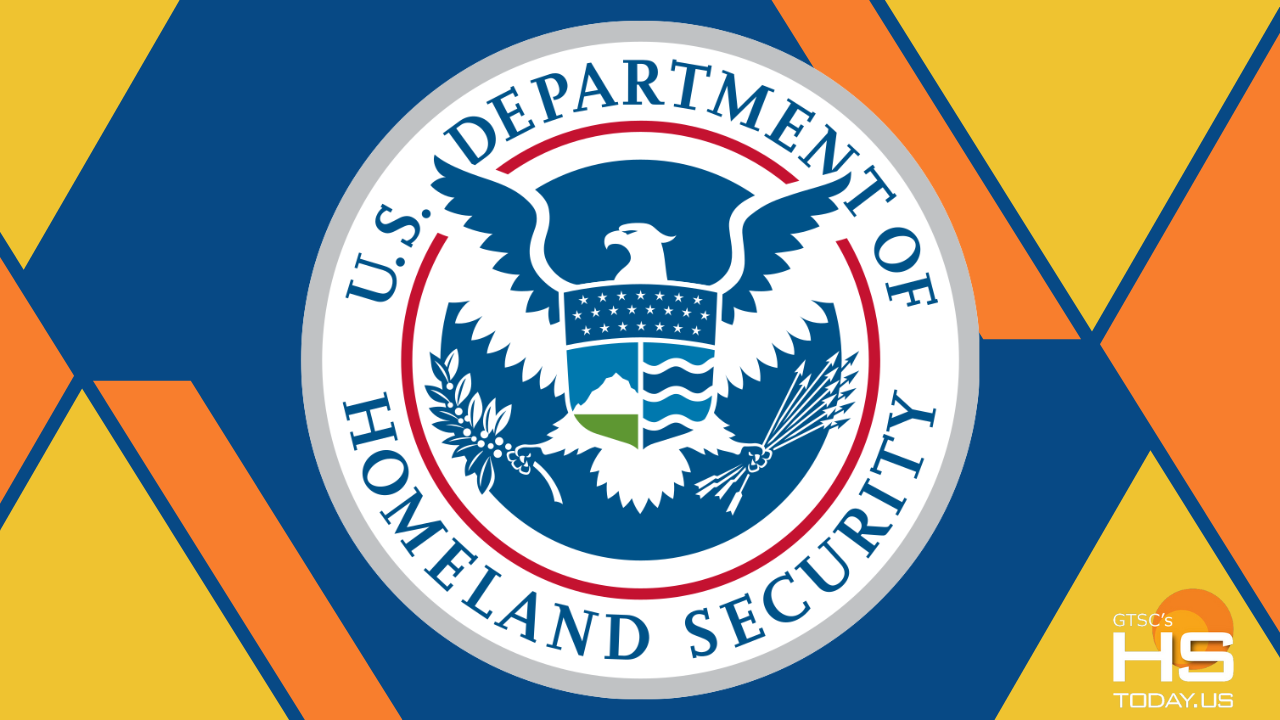
NGOCSTIP – DHS Blue Campaign continues to be a key initiative in the fight against human trafficking in the United States. The campaign aims to raise awareness and provide tools for identifying and preventing trafficking. It places a strong focus on schools and the protection of vulnerable student populations. Human trafficking can occur in educational environments without being immediately recognized. DHS provides educators and staff with training and materials to help spot warning signs early. This support is especially vital for Designated School Officials (DSOs) working with international students. International students can face increased risks due to isolation, unfamiliarity, and language barriers. The Blue Campaign seeks to empower DSOs with clear steps for prevention and response.
Human trafficking involves exploitation through force, fraud, or coercion for labor or sex. In schools, traffickers may approach students online, in person, or through peer networks. Students without strong support systems are more likely to become targets of trafficking. Perpetrators may use manipulation, false promises, or threats to trap their victims. The signs of trafficking are often subtle and easily overlooked by untrained observers. Blue Campaign training helps educators identify behavioral and physical warning signs. Missing classes, sudden changes in behavior, or signs of control may indicate trafficking. It is important to recognize that any student, regardless of background, could be affected.
“Read about: Assam’s Bold New Policy to Eradicate Human Trafficking and Witch-Hunting”
DSOs support international students on visas as part of their school responsibilities. They serve as the first line of defense when students display trafficking indicators. DHS urges DSOs to monitor student well-being both academically and personally. Moreover, strong relationships between DSOs and students foster trust and allow early intervention. Blue Campaign materials explain reporting steps for suspected trafficking clearly and safely. Consequently, DSOs contact local law enforcement and DHS to handle the cases. In addition, DHS recommends DSOs use posters, flyers, and digital media from the campaign toolkit. These resources help raise awareness across the entire school community effectively. Furthermore, consistent use of these tools strengthens school-wide efforts against trafficking. Additionally, DSOs can host informational sessions to educate staff and students alike.
The Blue Campaign offers many educational and reporting resources. Video PSAs share real stories and teach how to recognize trafficking signs. Downloadable guides explain trafficking and offer school-specific response strategies. Printable posters remind students and staff through classroom visuals. Additionally, the campaign keeps tools simple, accessible, and informative for all educators. Support lines and anonymous tips provide discreet options for reporting. Training modules describe scenarios relevant to schools and campuses. Moreover, all resources remain free through the DHS Blue Campaign website.
“Read more: Healthier Futures: CBSE Introduces Sugar Education in Schools”
Community awareness plays a vital role in preventing human trafficking. The Blue Campaign promotes collaboration between schools, parents, and local law enforcement. Events like National Human Trafficking Awareness Day spread vital information across various platforms. Schools host workshops and share campaign videos with students to raise awareness. These efforts build a protective network around at-risk student populations. When the community stays informed, traffickers lose opportunities to exploit others. Staff place posters and flyers in hallways, classrooms, and offices for visibility. Student-led initiatives boost engagement and support a trafficking-aware environment.
Trafficking remains a hidden threat that requires constant vigilance. DHS urges all educators to remain informed and engaged on this issue. While schools are places of learning, they must also be places of safety. The Blue Campaign ensures schools are not alone in protecting their students. Through shared knowledge and collaboration, real change can be achieved. Every staff member can contribute to preventing trafficking through education and awareness. Regular training sessions help reinforce the importance of staying alert. As the campaign evolves, new tools will continue to support educational communities.